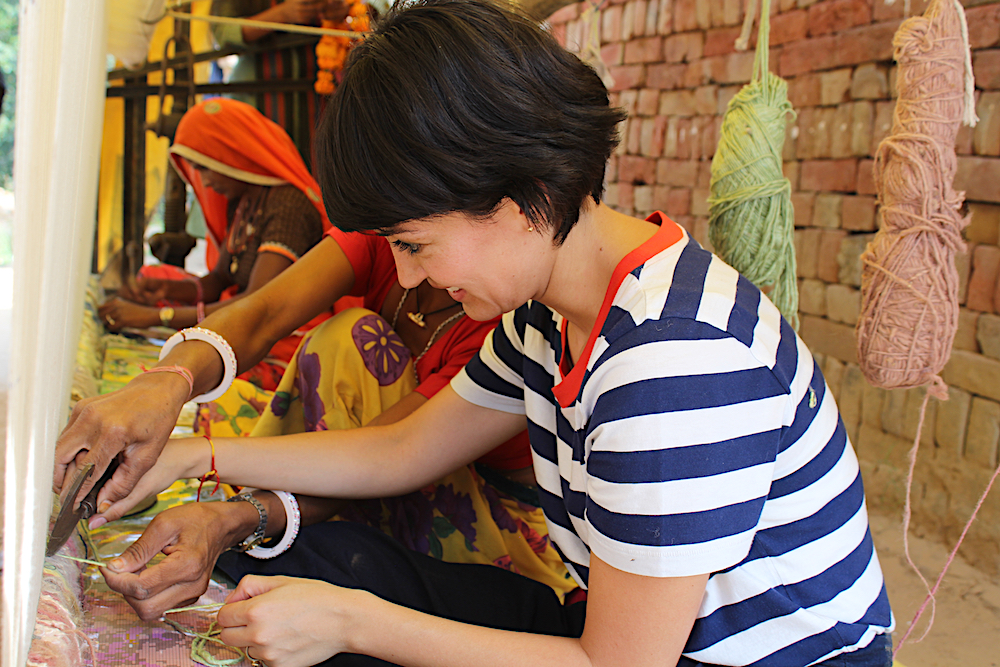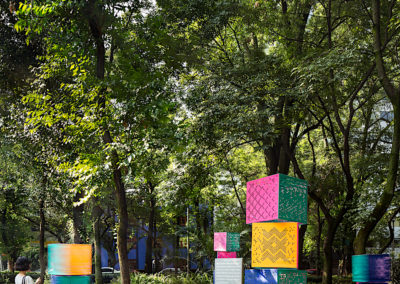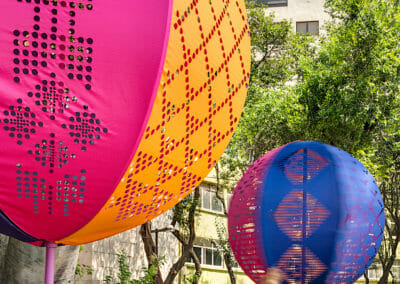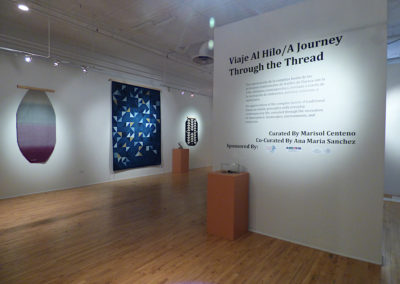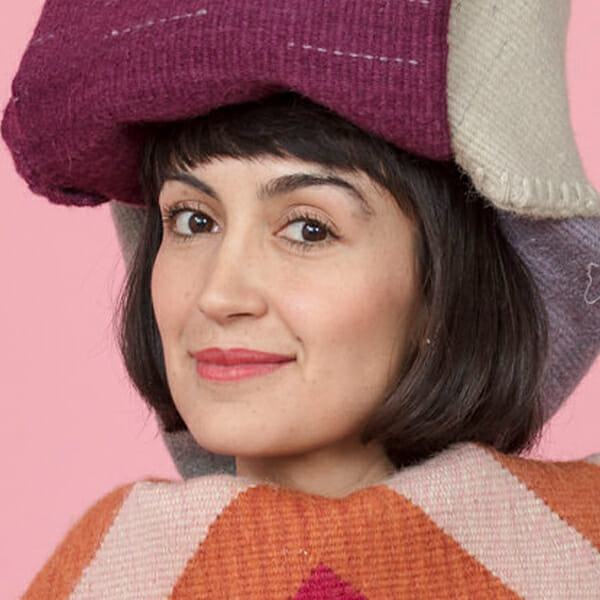
Marisol Centeno
Founder • Estudio Marisol Centeno & Bi Yuu
Marisol Centeno is a textile designer working to use her skills for positive social change.
Photos courtesy of Marisol Centeno
Creating an economically sustainable business using design as a tool has been one of the greatest challenges of my life.
Marisol is the founder and creative director of Bi Yuu, a rug and textile company that she describes as “driven by the values of innovation, quality, and social responsibility.” In addition, she runs a textile studio, Estudio Marisol Centeno, that has found significant success; presently, they’re working with Parisian luxury jeweler Cartier for the upcoming opening of the company’s flagship Mexico City storefront.
Marisol has been involved in the fine arts since her childhood, enjoying dance, drawing, and music at a young age and becoming interested in fashion in high school. After finishing her design degree, Marisol went to work as an apparel designer in a Mexican textile factory. Realizing that there was little room for design or innovation in the position, and wanting to use design as a tool to improve industry practice, she left the company and founded Bi Yuu. The team works with artisans in the Teotitlán de Valle, a small village in Oaxaca, Mexico well-known for its textile industry, and celebrates many elements of design. Marisol values her ability to collaborate with her team and manage the variety of tasks offered by her job, from brainstorming upcoming collections to hands-on making in the company’s workshop with the artisans. Social responsibility is central to Bi Yuu’s mission, and the company is currently collaborating with a group of Indian textile designers through GoodWeave International, a nonprofit network whose goal is to bring an end to the use of child labor in rug-making.
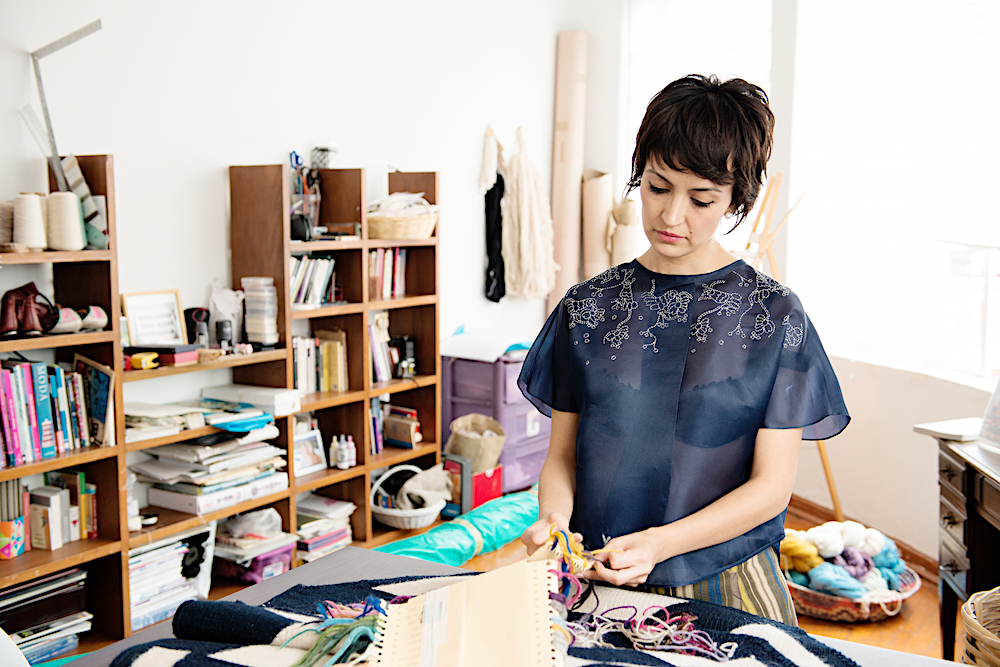
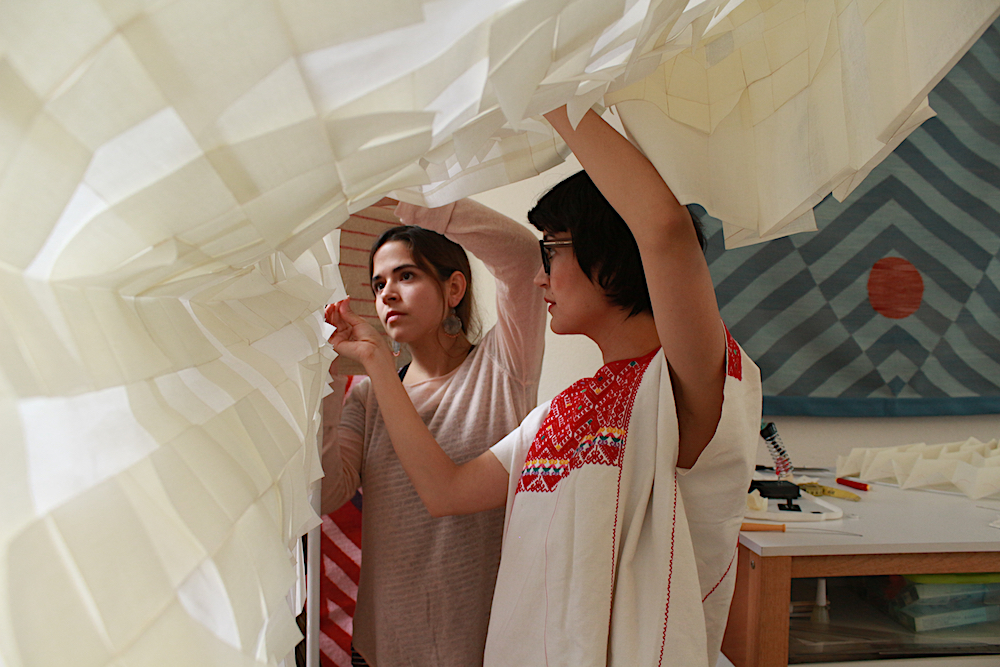
5º Aniversario Bi Yuu
A video on Bi Yuu’s rug making process.
Video courtesy of Marisol Centeno
PErsonal History
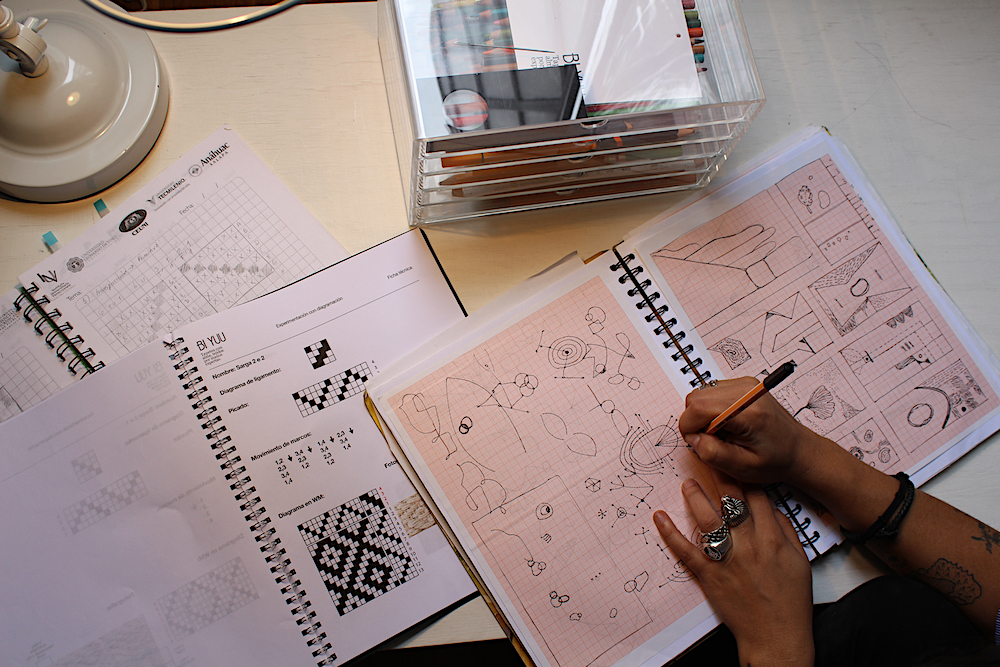
Art and Empathy
“Since I was very young I enjoyed skating, drawing, music and dance. I used to be a tap dancer, and during high school, I was a sensitive teenager looking for deep answers in art, music, and exploring fashion. I studied drama and after decided to study textile design. I think that art and fiction helps me be more empathetic and sensitive to my environment.”
Feeling a Social Responsibility
“Right after I finished my studies on textile design, I found a job at one of the biggest textile factories in Mexico, designing apparel for low income families. I discovered that in the textile industry there was no time for design and innovation—instead, time was spent producing low-quality, meaningless products for people, and people who couldn’t aspire to more.
Everything I disliked about the textile industry was right there. After I quit, I started to question the role of design in Mexican culture. How can we use design as a tool? How can design find a better dialogue with the industry? I founded Bi Yuu, and after 8 years I still question myself and look for new answers to these problem.”
Facing Sexism in the Industry
“For Bi Yuu, our long-term relationships with the artisans of Teotitlán del Valle, and the designers at home, are essential. But everything has not been a walk in the park. I continue to face many challenges, especially sexism, which limits dialogue, economic growth, and women’s rights. While most of our team are women, the production system and local government in Teotitlán are run by men. As a woman, facing prejudices, labor laws and mistreatment of the artisans, and lack of credibility because of my gender has been the greatest challenge.”
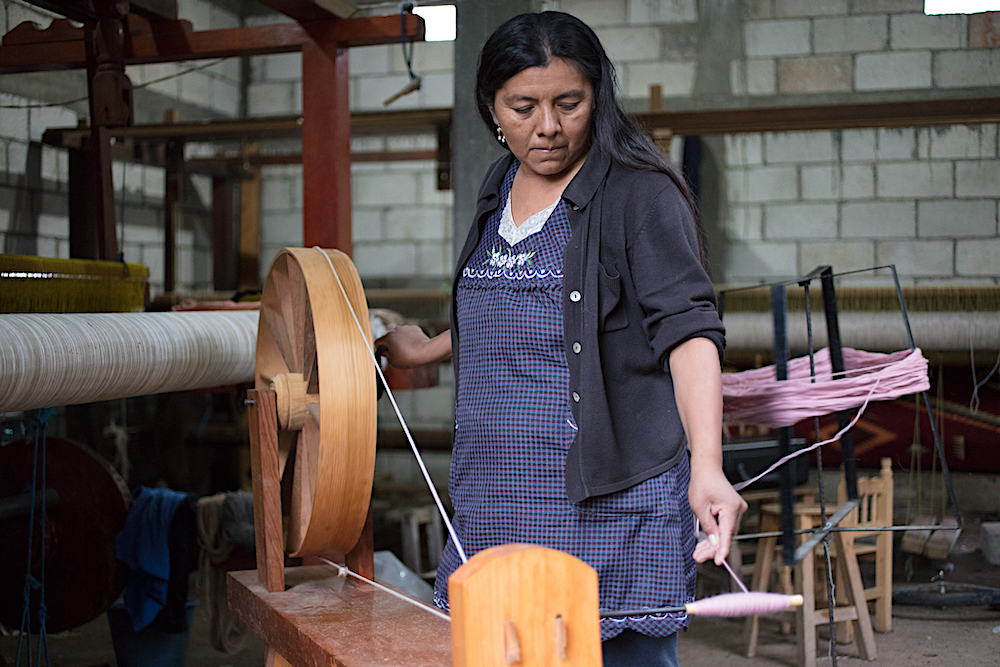
One of the team members for Bi Yuu working.
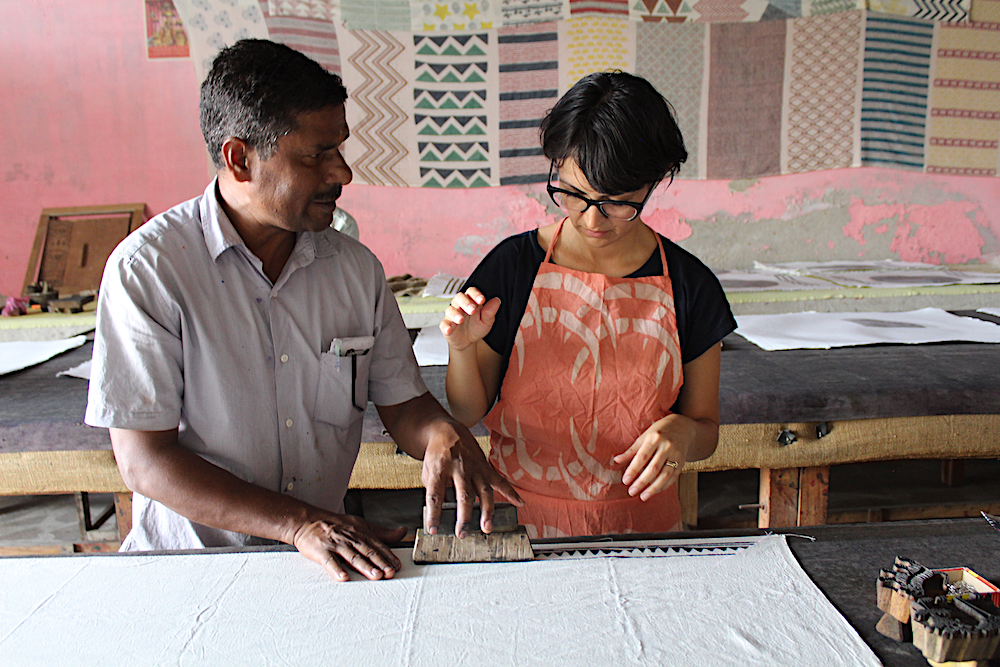
Marisol Centeno in India for GoodWeave.
Continue to Learn and Grow
“Every project represents a new possibility to learn and grow. Currently at Bi Yuu we are integrating a new group of collaborators in India with GoodWeave. On the other hand with Estudio Marisol Centeno we are working for Cartier on a new textile installation for their new flagship store in Mexico City. During the day, I have many tasks, supervising new projects with my design team, research for our new collections, and sometimes I work in our workshop in Oaxaca with the artisans. My work always offers something new.”
